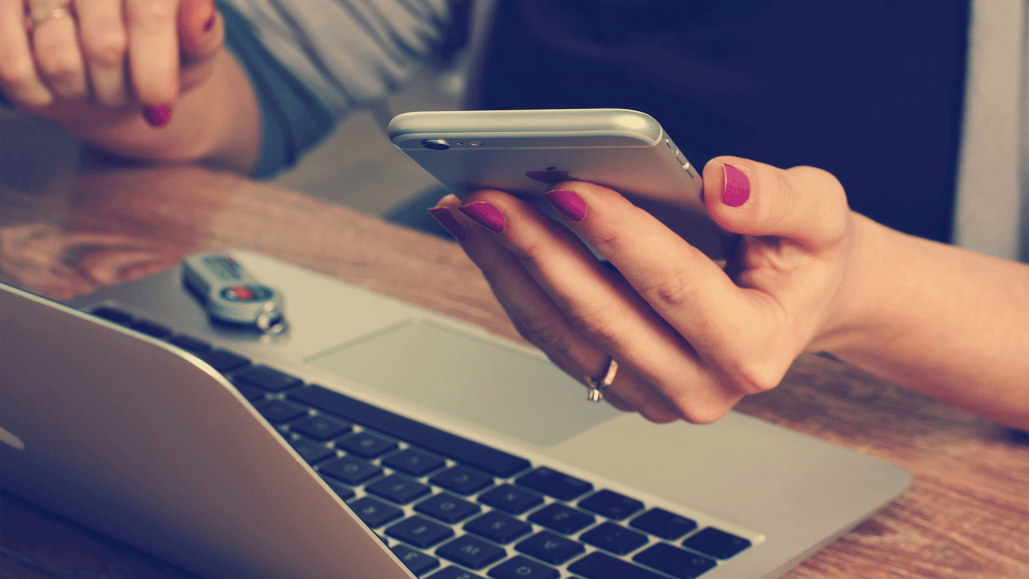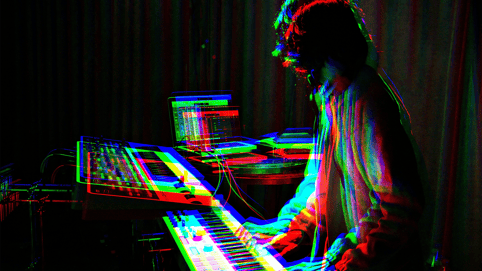While it may be easier than ever before to create content to post on social media these days, the rules surrounding what constitutes personal versus professional accounts can still be quite murky.
Further confusing things are arcane terms like “commercial use,” as well as phrases that seem to sound like they’re referring to one thing when, in fact, they mean something completely different.
However, despite the confusion, if you create content that originates from your personal social media account, but ends up being used for commercial purposes on social media by promoting a brand or selling a product, you could find yourself in hot water with social media platforms.
The repercussions could range from having your content taken down or muted to having your accounts restricted, blocked, or even banned. You could also be facing hefty lawsuits.
To help you navigate these tricky waters, let’s go over everything you need to know about when personal use content flips into commercial use content on social media.
What does “commercial use” mean?
In a general sense, commercial use is a legal term that means using something (usually an asset or piece of intellectual property) for commercial or promotional purposes to support a brand, business, or entity for financial gain.
It’s a bit of an open-ended definition simply because it’s an open-ended term. To truly understand what commercial use means on different platforms, we’ll have to explore how each of the main social apps defines the term in their own Terms of Service and copyright guidelines.
- TikTok’s Definition of Commercial Use: Anything that promotes a brand, product, or service (including influencer #ad posts and boosted content).
- Meta’s Guidelines (covering Instagram and Facebook’s approach): Similar to TikTok’s stance, focusing on any content that promotes business interests.
- YouTube’s Policy: Any content aimed at generating income is considered commercial, regardless of scale.
How to tell if your content has flipped into commercial use on social media
Now that we’ve covered some basic definitions and how the major social media platforms cover commercial use, let’s explore how you can actually go about telling if your content is covered as personal use or commercial use—as well as look into how to know if and when your content shifts from one to the other.
Basically, if you’re posting or uploading any content on your personal social media page (the account that has your personal name and no brand affiliation), you should be in the clear for most copyright concerns.
However, here are a few areas where things become tricky.
- Paid partnership tags: If you’re creating content with or for a brand as part of a brand partnership, adding a “paid partnership” label to your post will immediately flag it as commercial content to many social media platforms.
- Shopping links and monetization: Including shopping links or opting for content monetization will automatically shift your content from personal use of social media to business use on most social apps.
- Ads and boosted content: If you have access to and use ad manager dashboards or tools for your content on social media accounts, you’re likely creating content for commercial use, as these tools are intended for brands and agencies, not personal creators.
- Any indirect financial gain: Finally, consider whether you’re indirectly gaining financially from the posts you're creating or the content you’re producing. If you are, you’re likely in commercial use and liable to have your account and content flagged as such.
Why music licensing matters for commercial content
Whether or not your content or accounts are counted as personal use or business use of social media, you absolutely should be aware of why music licensing matters for all types of content. If you have even the slightest concern that your content might turn from personal to commercial use anytime soon, the repercussions for using music, sound effects, or assets that you haven’t properly licensed can be quite severe.
You can have your videos muted, your posts taken down, or receive strikes against you, but you could also eventually have your accounts taken down, blocked, or banned, and you could also face legal consequences and lawsuits, too.
At the end of the day, these social media platforms aren’t trying to harm anyone, but they are trying to protect rights holders and artists.
Why you should use pre-cleared music from Soundstripe
If you’re looking to use music in any social posts, videos, or content of any type, your best bet is always going to be pre-cleared, royalty-free music from trusted music licensing websites like Soundstripe.
If you do a bit of searching online, you’ll undoubtedly come across one of the most popular solutions for properly licensing music for your videos and social content. Royalty-free music is music that has been pre-cleared to be used for all types of social media and marketing purposes (depending on terms of use, of course). Here’s a great read on what royalty free music means.
To understand how music rights and royalties work, you must know that all music has basic copyrights. These copyrights extend to both the composer of the music, songwriters, the musicians who recorded it, as well as the studios and publishers. And if you want to use any music in any videos, you’ll need to obtain permission from all of the copyright owners.
Royalty-free music is an excellent option for all your videos, as it’s easy to find and use. Soundstripe’s high-quality music is composed and recorded by Grammy-winning artists who create in a variety of genres, making it the go-to solution for blue chip brands, agencies, and influencers.
Protect yourself and your content today
As mentioned above, the best, safest, and most effective way to protect yourself and your content is to try out Soundstripe yourself today. The Soundstripe music library features a large array of different musical genres and styles, with great options for all types of projects and needs.
To find out more about what Soundstripe offers, as well as further insights into how to properly license music for your social media accounts and channels, check out these additional articles from the Soundstripe blog below.
- How to License Music for Video
- How to use Copyrighted Music on Instagram - Navigate the Rules, Drive Users to Your Content
- Navigating Music Licensing Costs with Clients: A Guide for Creatives
- Are You at Risk for a Copyright Infringement Lawsuit? What Every Creator Should Know
- What is Royalty Free Music? And can I use Royalty Free Music for Commercial use?





